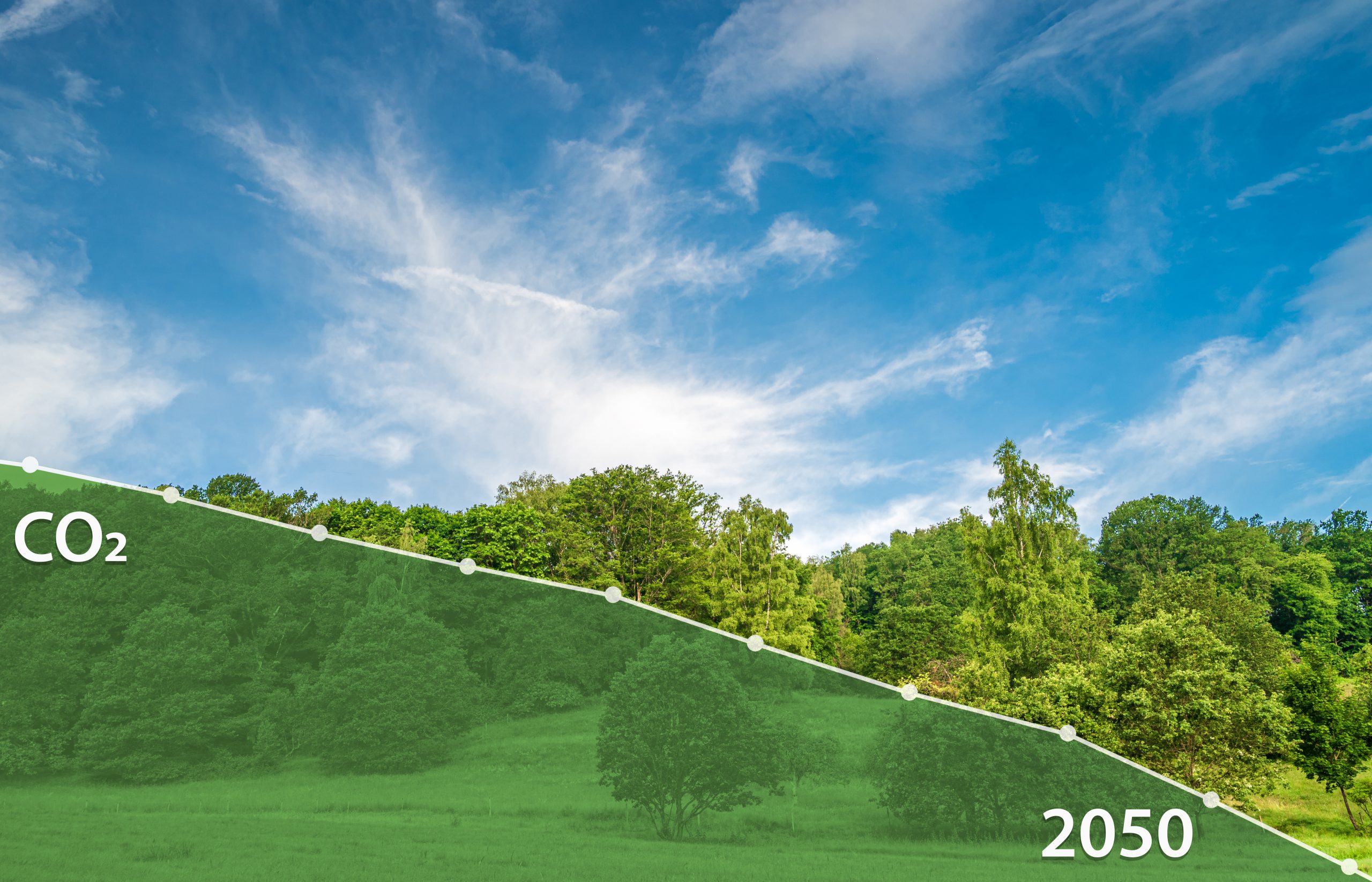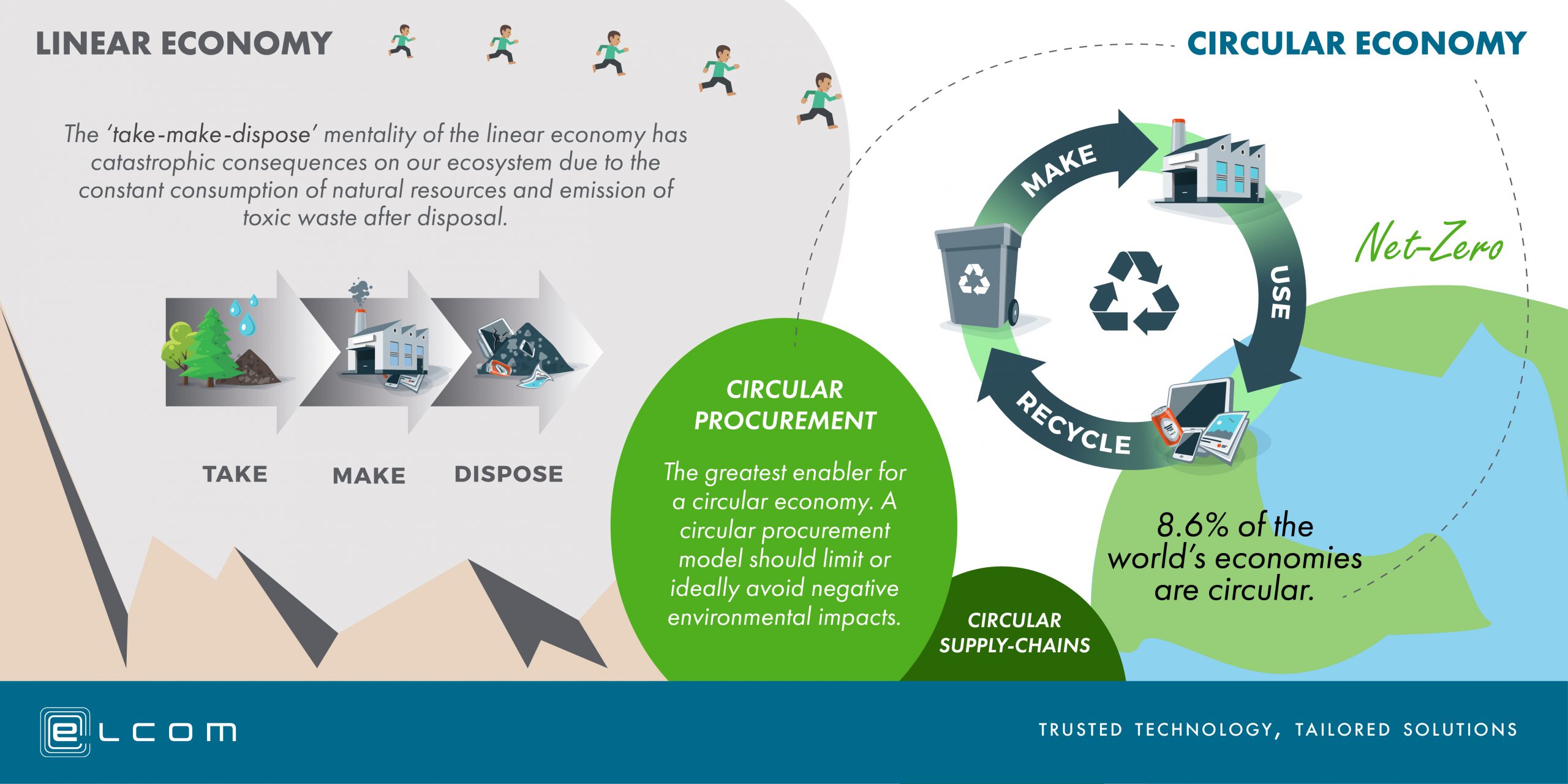
Why Net Zero is So Important?
Businesses taking action on climate change is extremely important in achieving the UK’s Net-Zero goals by 2050, from opting for business practices that are sustainable to cutting emissions in the supply chains. The government has put in place measures that encourage businesses to reduce their emissions and thus positively impact the environment.
ELCOM has long been focused on creating a positive environmental legacy. Our environmental policy ties into the key themes of Net Zero and includes a commitment to continual improvement and prevention of pollution. ELCOM promotes the integration of environmental considerations into our wider operational practices in the interest of sustainable operations, in a way that benefits all.
ELCOM’s Net-Zero 2030 Plan
ELCOM is leading the way in cutting carbon emissions and building back a greener environment by placing a high emphasis on environmental practices that reduce consumption of natural resources and create less waste.
The top 5 actions that ELCOM continues to focus on to tackle the global climate emergency are planning for change, energy-saving, transport, Supply Chain, and waste.


Circular Economy — Circular Procurement
For our planet to survive, global circular economies need to increase to 17%. A circular economy is one in which goods and raw materials are reused, recycled, or repurposed for as long as possible to minimise waste. Currently, only 8.6% of the world’s economies are circular, and hence rapid change is essential to secure our future. The ‘take-make-dispose’ mentality of the linear economy has catastrophic consequences on our ecosystem due to the constant consumption of natural resources and emission of toxic waste after disposal. This has led to a global climate emergency, and the adoption of a circular economy and circular public procurement is now crucial.
Carbon Footprint — PECOS
The Scottish Government has been using our PECOS P2P solution since 2002 and has been focused on the environmental benefits to public bodies along with the transactional efficiencies. Back in 2008, they conducted a study with moderate-sized organisations throughout Scotland and at that time estimated that the implementation of PECOS would save around 55,000 sheets of paper a year.
So multiplied over many organisations using PECOS that’s a lot of trees we have saved! Our PECOS solution has thus helped in the reduction of carbon footprint over the years, as the decomposition of paper releases greenhouse gases like carbon dioxide (CO2) into the air.
